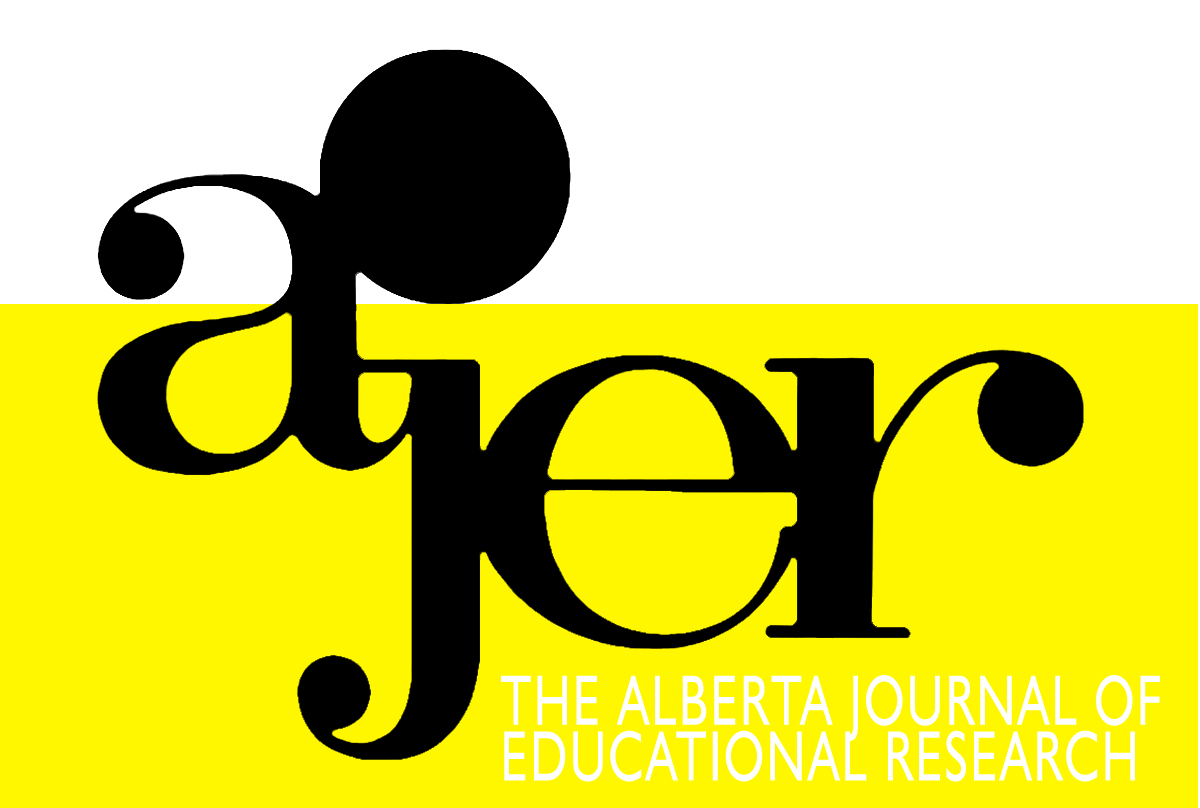Teachers as Reflective Practitioners: From Individualism to Vygotskian Social Constructivism
DOI:
https://doi.org/10.55016/ojs/ajer.v68i3.68598Abstract
The paper presents a critical review of major works on reflective practice in teaching that mainly define reflection as a technical and isolated process, taking place in an individual’s mind. Critiquing the cognitive nature of reflective practice promoted in mainstream research, the paper directs attention to the increasing recognition of sociocultural factors in teacher professional learning, and highlights the significance of reflection as a social practice. Starting with the ideas of John Dewey on reflective practice for teachers, the paper delineates Schön’s successive works on the subject, followed by a discussion of Wallace’s reflective model. The final part of the paper describes how Vygotsky’s sociocultural theory provides a theoretical framework for teachers to effectively engage in reflective practice by moving from individualism to social constructivism in their efforts to enhance their professional competence.
Keywords: reflection; reflective practitioner; teacher professional learning; Vygotsky; social constructivism
L'article présente un examen critique des principaux travaux sur la pratique réflexive dans l'enseignement qui définissent principalement la réflexion comme un processus technique et isolé, se déroulant dans l'esprit d'un individu. Critiquant la nature cognitive de la pratique réflexive promue par la recherche dominante, l'article attire l'attention sur la reconnaissance croissante des facteurs socioculturels dans l'apprentissage professionnel des enseignants et souligne l'importance de la réflexion en tant que pratique sociale. Partant des idées de John Dewey sur la pratique réflexive pour les enseignants, l'article décrit les travaux successifs de Schön sur le sujet, pour ensuite discuter du modèle réflexif de Wallace. La dernière partie de l'article décrit la mesure dans laquelle la théorie socioculturelle de Vygotsky fournit un cadre théorique permettant aux enseignants de s'engager efficacement dans une pratique réflexive en passant de l'individualisme au constructivisme social dans leurs efforts pour améliorer leur compétence professionnelle.
Mots clés : réflexion ; praticien réfléchi ; apprentissage professionnel des enseignants ; Vygotsky ; constructivisme social
Downloads
Published
Issue
Section
License
UNIVERSITY OF ALBERTA COPYRIGHT LICENSE AND PUBLICATION AGREEMENT
If accepted, authors will be asked to sign a copyright agreement with the following points:
A. Where there is any inconsistency between this Copyright License and Publication Agreement and any other document or agreement in relation to the same subject matter, the terms of this Agreement shall govern.
B. This document sets out the rights you are granting in relation to publication of your article, book review, or research note entitled (the “Article”) through inclusion in the academic journal titled Alberta Journal of Educational Research (the “Journal”) published through the Faculty of Education, representing the Governors of the University of Alberta (the “Journal Editor”).
C. There will be no payment to you for this publication and grant of rights. In consideration of the agreement to publish the Article in the Journal:
1. You are warranting that:
- the content of the Article is your original work, and its content does not contain any material infringing the copyright of others; or, where the Article is not entirely your original work, you have obtained all necessary permissions in writing to grant the rights you are giving in this agreement;
- the content of the Article does not contain any material that is defamatory of, or violates the privacy rights of, or discloses the confidential information of, any other person;
- the Article has not been published elsewhere in whole or in part, and you will not allow publication of the Article elsewhere without the consent of the Journal Editor;
- the names of all co-authors and contributors to the Article are:
2. You agree to license the copyright in the Article to the Journal Editor, on a worldwide, perpetual, royalty free basis; and to the extent required by the terms of this agreement. You shall retain the right at all times to be acknowledged as the/an author of the Article.
3. You further agree that the Journal Editor has the entitlement to deal with the Article as the Journal Editor sees fit, and including in the following manner;
- The right to print, publish, market, communicate and distribute the Article and the Journal, in this and any subsequent editions, in all media (including electronic media), in all languages, and in all territories, ing the full term of copyright, and including any form of the Article separated from the Journal, such as in a database, abstract, offprint, translation or otherwise, and to authorize third parties to do so;
- The right to register copyright of the Journal;
- The right to edit the Article, to conform to editorial policy as the Journal Editor sees fit.
4. If any co-author or contributor to the Article does not sign this agreement, the Journal Editor reserves the right to refuse to publish the Article.



